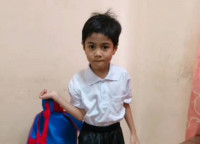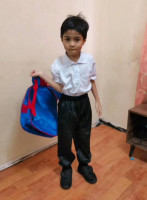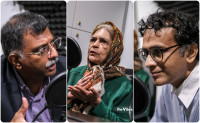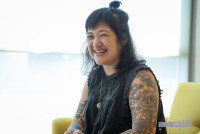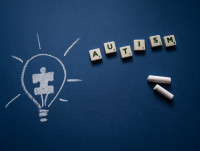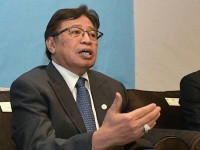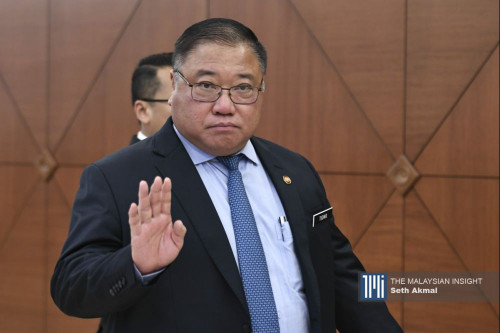WHEN discussing autism, our community is often hardwired to view the diagnosis as a tragedy. That poor autistic child is robbed of life by this evil force and entraps those closest to the autistic.
This fear of the bogeymen feeds into our anxiety as parents, educators, professionals, and caregivers, to rescue the child from the clutches of this evil force.
This fear of the unknown with autism allowed for a narrow understanding of autism to thrive, and we are perpetually caught in this cycle of not knowing how to support the autistic person in our lives.
The shame and perpetual stigmatised views on an autism diagnosis held by our community play a vital role in making others shy away from walking further down the pathway to seeking an early diagnosis and support.
Malaysia has one of the most enviable healthcare systems in the world. Our Ministry of Health (MoH) is responsible for overseeing this system and we provide free or low-cost healthcare services to our rakyat.
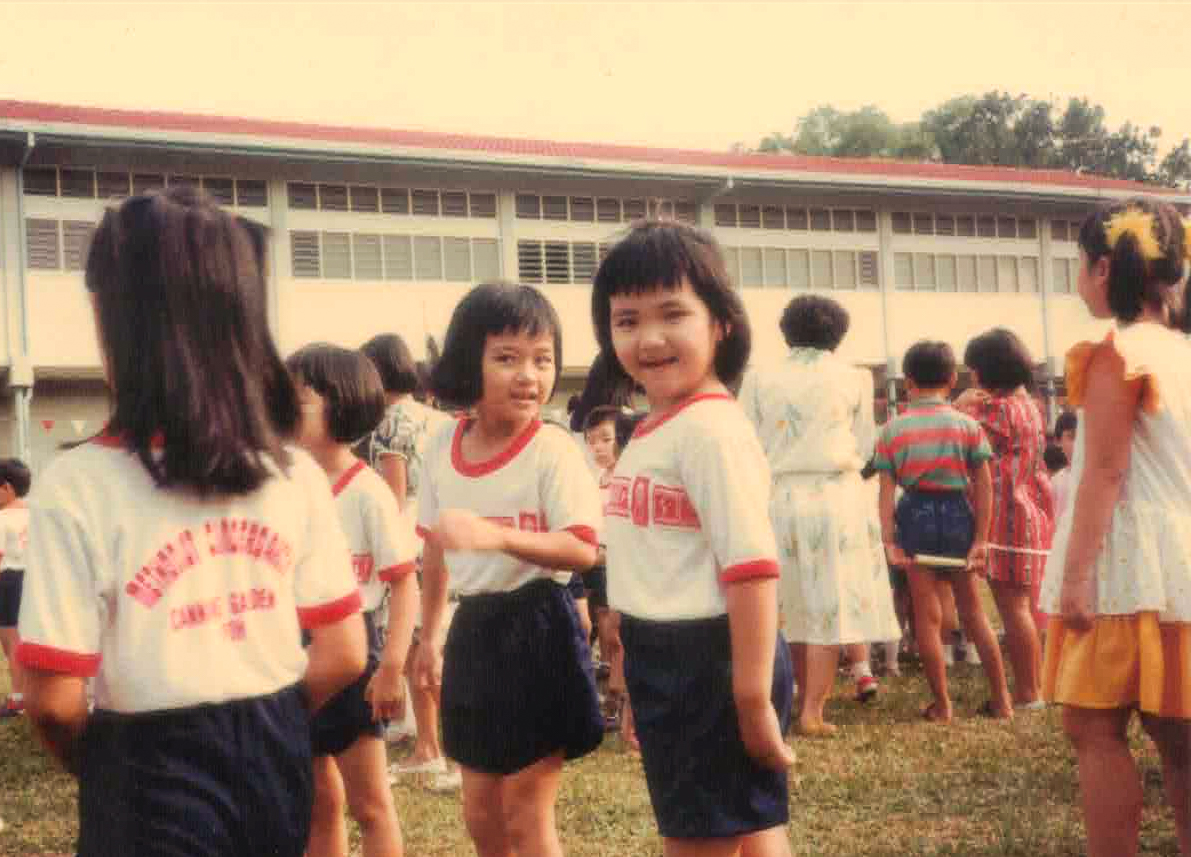
A child’s journey in our public healthcare system begins from the womb where the mother is provided with a Buku Pink to monitor her pregnancy. Upon birth, each child is provided with immunisation and developmental assessment through our primary healthcare.
At between 16-18 months and again between 24 to 30 months, parents would complete the M-Chat screening to identify or recognise early autistic traits and be further referred to a paediatrician where a more comprehensive assessment will be carried out.
The diagnosis pathway for autism is long. It could take as long as 18 months from the initial referral to a final diagnosis – notwithstanding the severe lack of diagnosticians available, but also the hidden costs that could be involved in seeking the diagnosis.
There are instances where professionals have told me they would be inclined to transfer funds across to the parents for transportation to get to them for assessment and therapy sessions after a diagnosis.
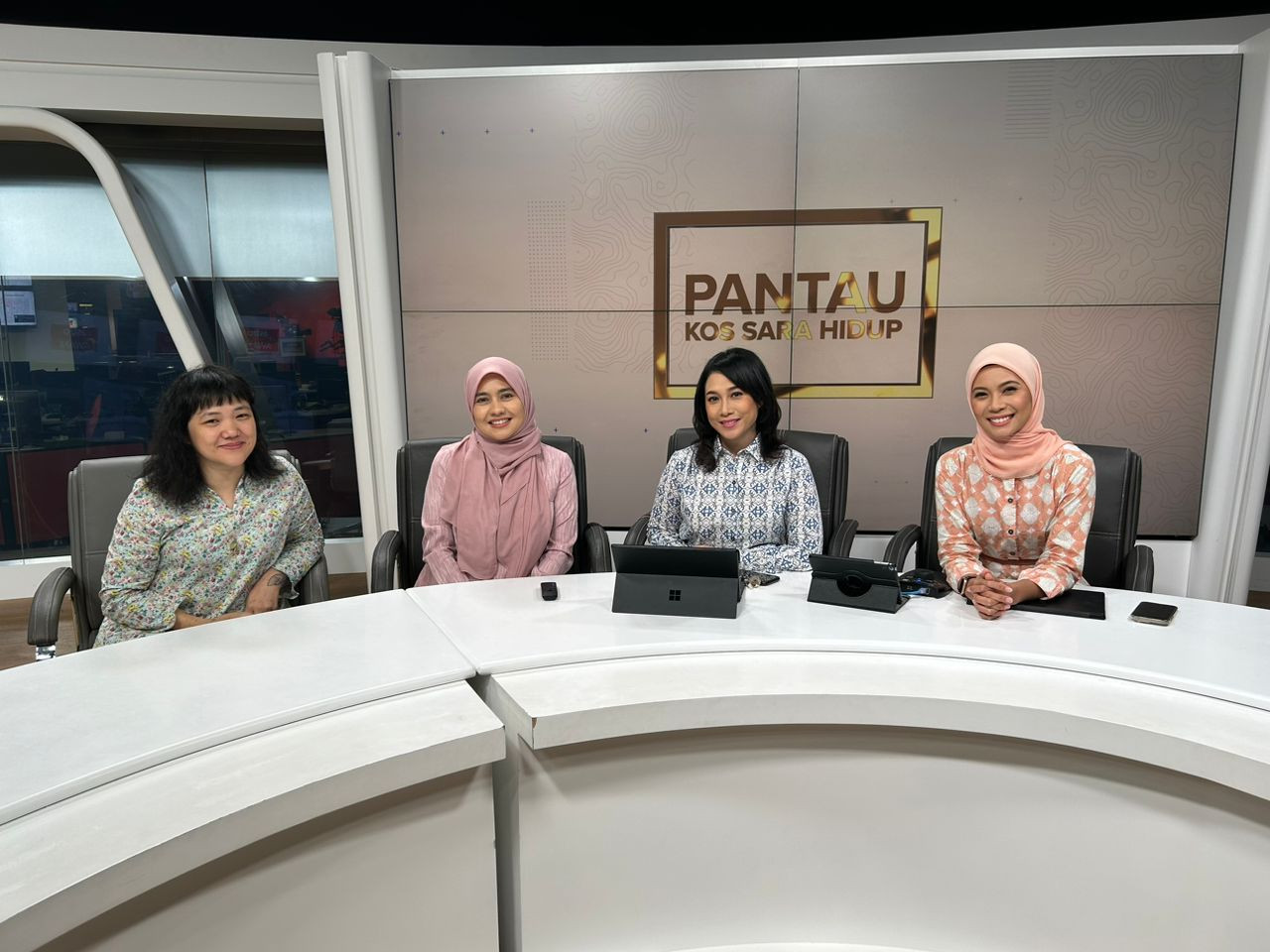
Dr Zahilah Filzah is a paediatrician who has taken an approach to go beyond supporting children medically by making understanding autism through neuro-affirming support practices her vocation.
“I think the challenge is what comes after a diagnosis. The child is often referred to occupational therapists and speech therapists, and appointments are spread out between once a month or every quarter of the year.
"Those who can afford it would diligently go to these early intervention programmes, or for some, engage private therapists. But for some, even services by NGOs can be too expensive.
“Parents are often pulled into different directions and left to their own devices without parental support and training. They are often rejected as most places are not equipped to support autistics.
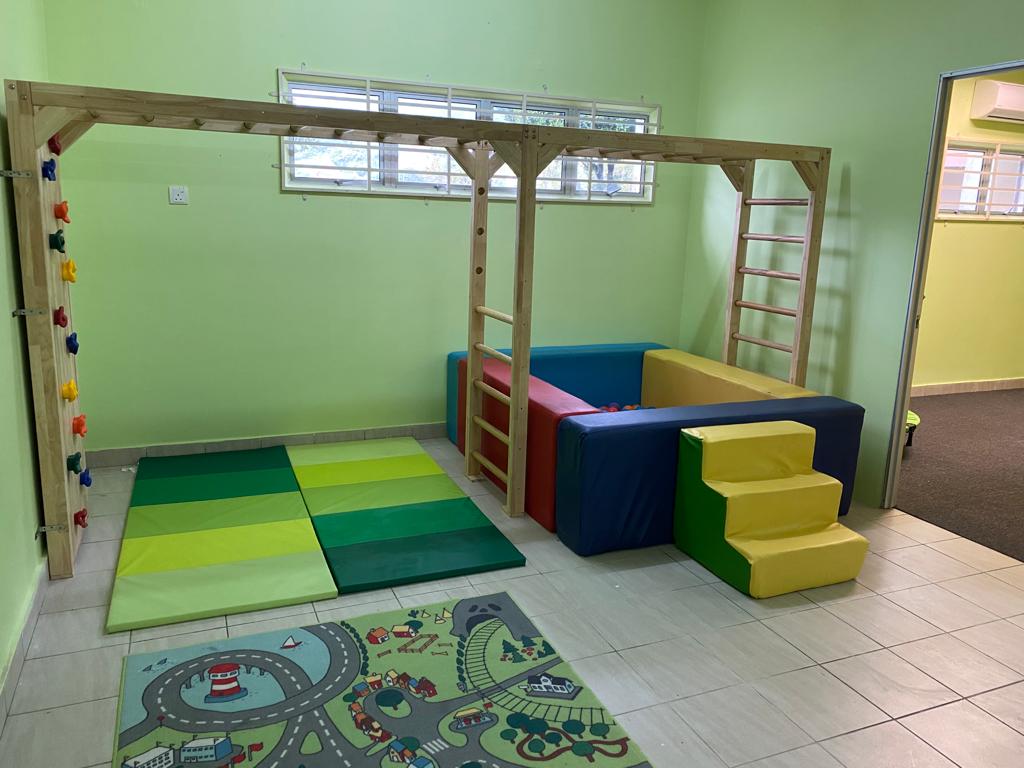
"We don’t have many options for them, and that’s why I co-founded The Ark. To make kids feel accepted and as a respite from the constant rejection they face with their family from an early age,” she added.
The work Dr Zahilah does echoes the sentiments of many parents in finding that pathway after diagnosis.
Often met with rejection from pre-schools, they are left to fend for their own child’s right to education by fighting tooth and nail for a seat in the limited spaces we have in our government schools that cater to those with special needs.
The practice of this clear segregation of autistic learners continues to perpetuate the myth of autism as a crippling condition.
How will we achieve social inclusion if autistic children are taught from young that they don’t belong?
This gap in bridging from post-diagnosis, early intervention programmes, to supporting the autistics with different needs to their rights to education, is extremely wide.
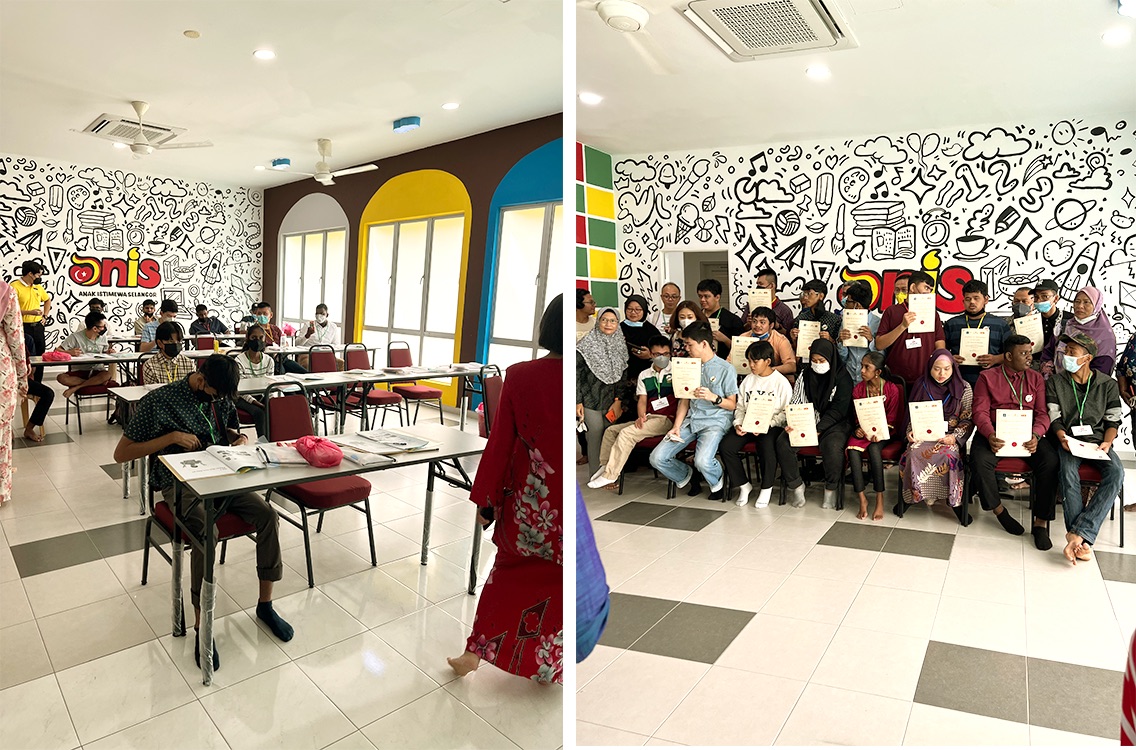
Efforts to bridge this gap are often spear-headed by parent-turned-advocates for the children, private institutions, agencies, or the likes of Dr Zahilah(s).
There are so few programmes around to support teachers and educators in understanding autism thus resulting in most autistics being left behind.
The only state that has made a conscientious effort to make this a public agenda has been Selangor through its effort via Anis (Program-Program Bantuan Anak Istimewa Selangor) which is active in training teachers to support autistics.
It also takes effort by private service providers such as Oasis Place, helmed by Dr SK Choy, who also recently spearheaded a programme Autism Warrior Experience (A.W.E.) Project by providing assessment and awareness tools and training to schools and educators.
The support for autism goes beyond the confines of medical providers and institutions.
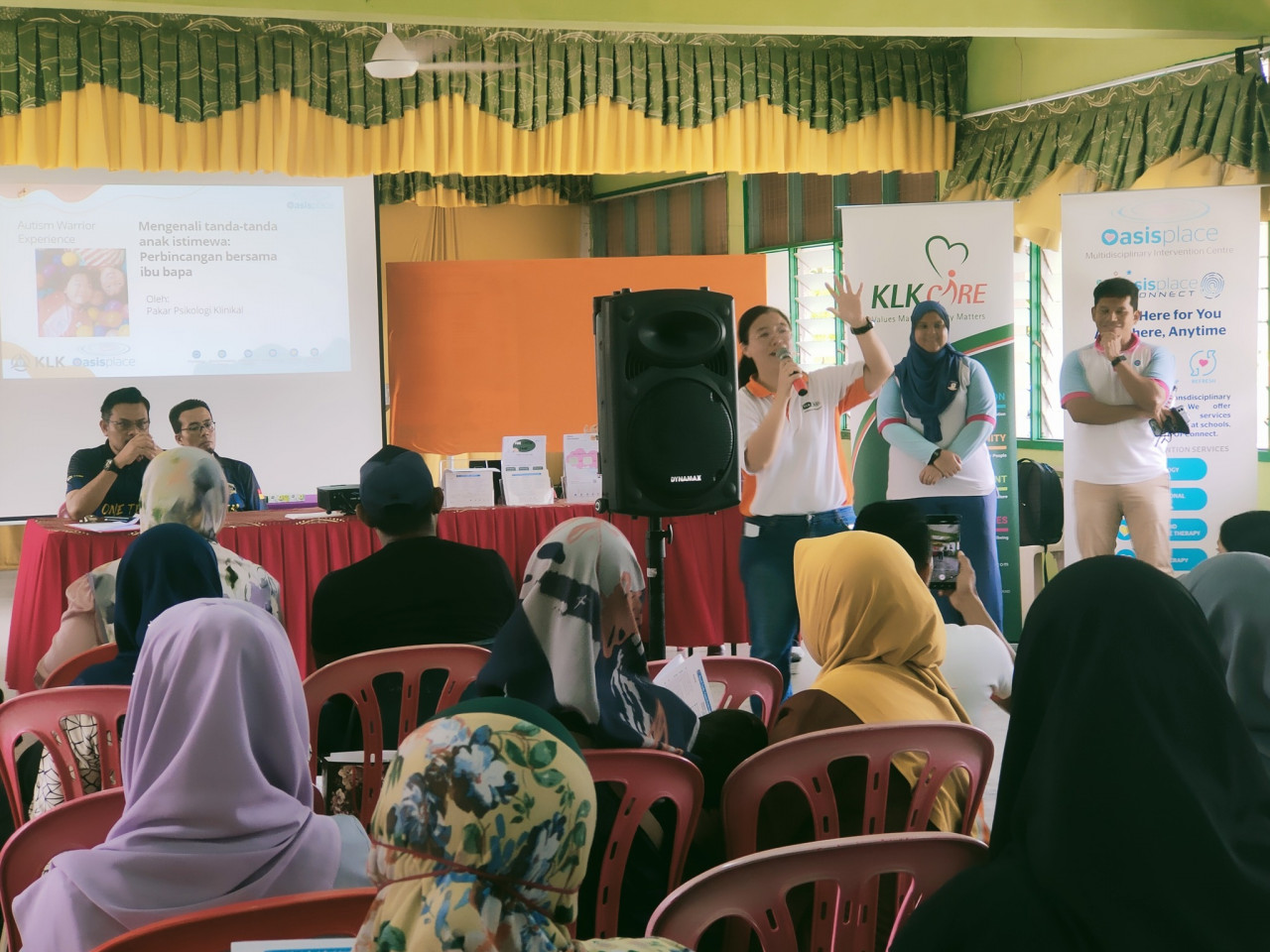
I often stop myself from looking at why our ecosystem of autism-centric care is so fragmented.
How much of what’s out there is spearheaded by parents or even autistic themselves, simply because we need to build these services and support for ourselves?
Where are those who can affect changes in policies, or the MPs and Senators who should take a hard look at what the autistic community needs and be guided by our voices?
I also look upon Nasom (The National Autism Society of Malaysia), a 35-year-old organisation and the largest parent-led autism support organisations in Malaysia to be accountable for lacking the will to acknowledge the changing landscape and understanding of autism.
I am appalled by a very recent statement made by their board member on live TV.
In explaining autism, he continually perpetuated the myth of autism as a monster that terrorises the lives of parents.
In the age of celebrating neurodiversity, Nasom still holds on to that belief that autistics are less than a complete being, one without social aspirations, and that we are little Tasmanian devils ever ready to ruin your furniture.
With a platform so large, one has the responsibility to not fearmonger against an already highly stigmatised community that fears asking for help.
The effect of autism on me and forming relationships has been a painful experience, the onus has always been on me to get over it and cope with it.
I have come to live a life being afraid of people despite how the public persona of me as being “high functioning”.
I remain a person who has never had the chance to understand who I was and be given the normal life trajectory to be able to cultivate any form of meaningful relationship.
So I feel short-changed with time in getting the support I should have had from young.
If my parents had known it wasn’t an evil force, if my sibling had known I wasn’t simply belligerent, if my teachers who saw me struggling knew my sensory difficulties, if my friends had known I am naïve with social cues – my life experiences would’ve been different.
It is because I walked this path, I know how important it is to ask this now loudly, and resoundingly, to go back to the beginning and start there in our support.
Early intervention and support are not to make us more alike, but it is to give us the tools to advocate for ourselves. – The Vibes, April 9, 2023
Beatrice Leong runs an autism advocacy group called Autism Inclusiveness Direct Action Group (Aida). Diagnosed with autism spectrum disorder (ASD) at age 35, she dedicates her life path to reframing our understanding ASD to foster a greater understanding of and for meaningful participation and inclusion of autistics themselves across all levels of society. The views and opinions here are solely that of the author.
Listen to the new Podio podcast ‘Autism from the Inside Out’ here.



_Beatrice_Leong_and_a_community_of_autistic_youths_still_in_school.jpeg)
